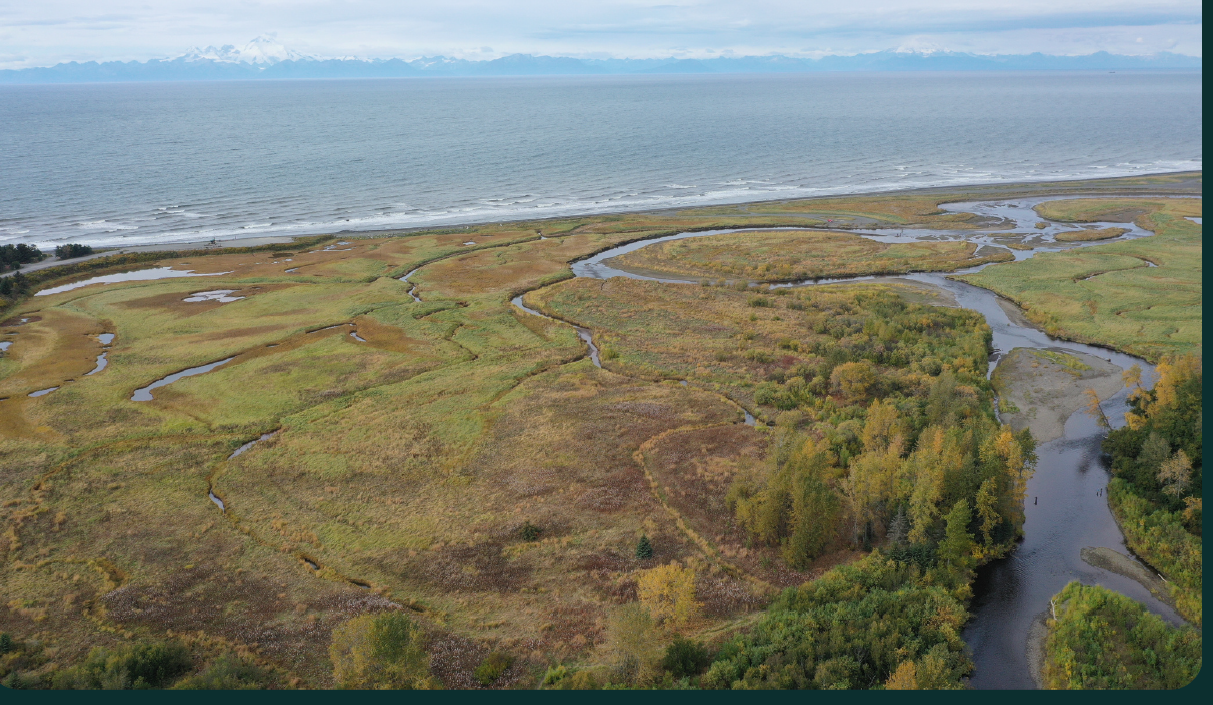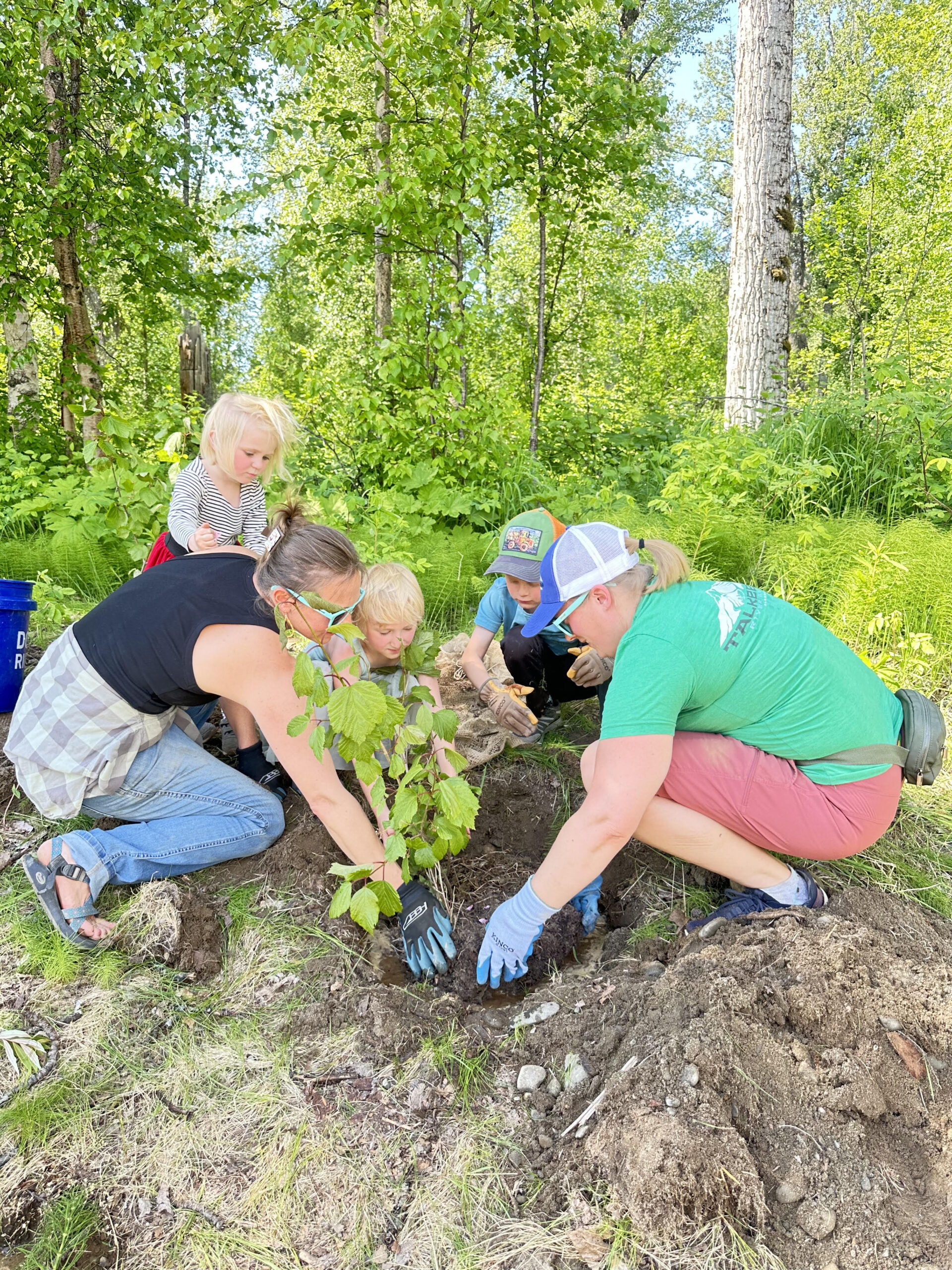Registration is open for the 15th Annual Mat-Su Salmon Science and Conservation Symposium.
The Symposium will be held on November 14 and 15 at the Palmer Depot, 610 S. Valley Way, Palmer, AK. Find Agenda here, and booklet with presentation abstracts here
The call for presentations at this year’s Symposium has closed. Thank you to everyone who is sharing their work! Click here for Symposium Presenter Guidelines. Presenters, please be sure to register as an attendee on Eventbrite in addition to the “Presenter Abstract Submission” ticket.
The Mat-Su Salmon Science and Conservation Symposium is an annual forum to share information about salmon and their habitat in the Mat-Su Basin. Anyone interested in conservation of Mat-Su Salmon and their habitat is welcome!
Registration is $25 dollars per day and will include lunch. Students and elders may register for free. If admission fees are prohibitive, contact jessica.speed@tu.org to discuss scholarships or a fee waiver.
Keynote Speaker
Jonathan Moore is a Professor at Simon Fraser University in British Columbia, Canada, and holds the Liber Ero Research Chair of Coastal Science and Management. He received his PhD from University of Washington and has researched salmon and their watersheds, from Alaska to California to British Columbia. He studies freshwater biodiversity, watersheds, and global change.
In watersheds of western North America migratory salmon support ecosystems, economies, and cultures. However, these fish and their fisheries are threatened by climate change and multiple stressors. How do we steward salmon systems in this era of rapid change?
Here, Moore will share some stories of science and its application for salmon stewardship and climate resilience. The symptoms of climate change and other human pressures are challenging the resilience of salmon systems, ranging from sea level rise to warming river temperatures to glacier retreat.
While these are grave challenges, there are opportunities for forward-looking and collaborative science to help guide proactive conservation and management. Such proactive options can include restoring connectivity, reducing local stressors, and conservation of future habitats for the increased resilience of salmon. There is a need and opportunity for the proactive stewardship of rapidly changing salmon systems to help them cope and adapt to climate change.
Thank you to our Symposium supporters: Mat-Su Borough, National Fish Habitat Partnership, City of Palmer, The Alaska Center, Trout Unlimited Alaska, Great Land Trust, Knik Tribal Council, Palmer Soil and Water Conservation District and Simon Fraser University.
Would you like to help sponsor this important community event? The planning committee is still seeking sponsors. Contact jessica.speed@tu.org.




